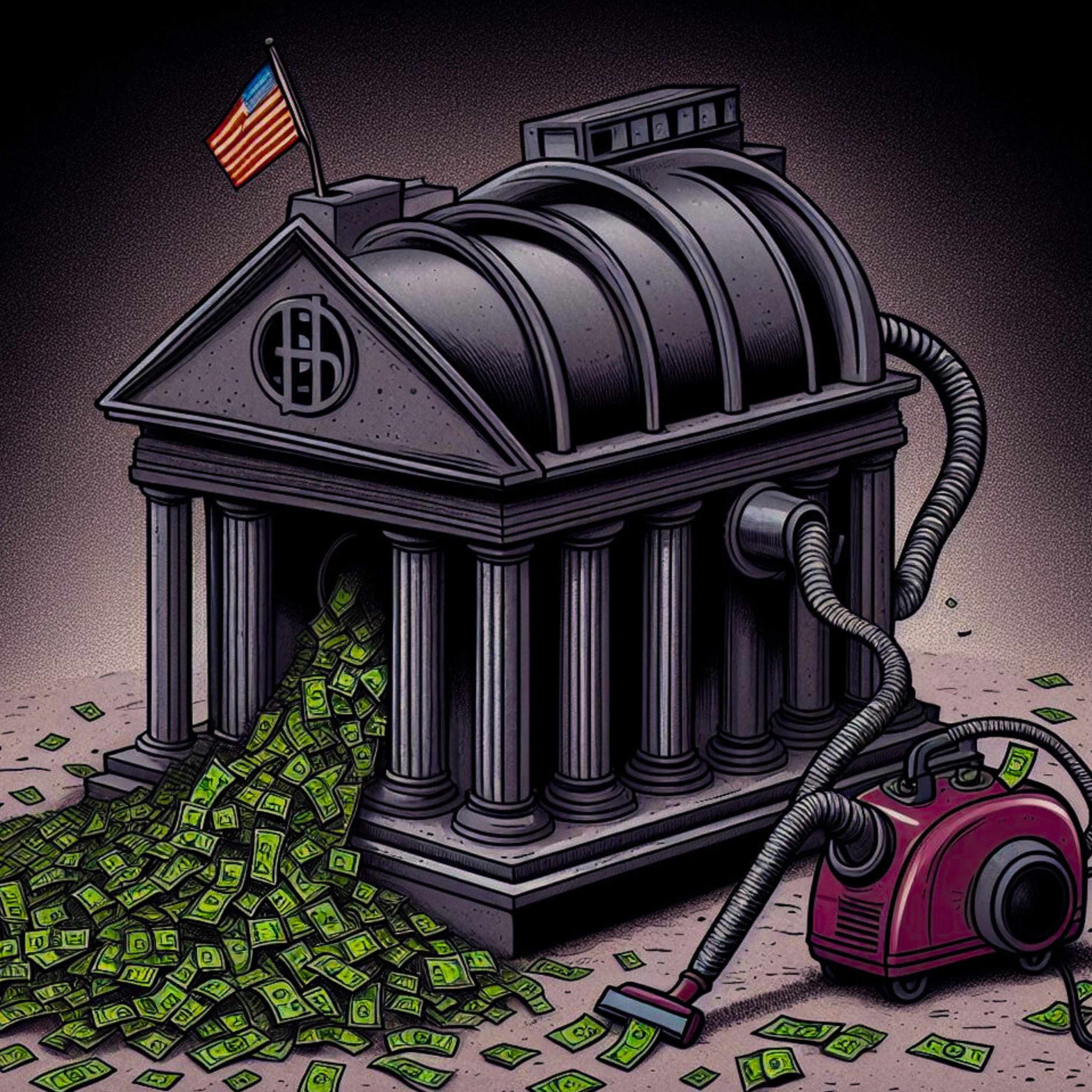What is and what should never be…
2016 contained a whole host of changes with banks and policy makers jostling for position. I believe 2017 will be slightly more ‘interesting’ however.
Here’s a few things you should know of 2016
– Banks became stuck between a rock and a hard place. The ‘rock’ here is the regulators (like the Reserve Bank of New Zealand a la LVR restrictions) and ‘hard place’ is their shareholders (via higher capital reserve requirements).
– Banks have decided they don’t have to lend money to make money. While everyone’s been getting sand stuck in their sun cream, they’ve been increasing their margins substantially – expect this to continue as they attempt to make a profit using their ‘margin’ lever.
– Banks have made the following changes as response: 1 – interest only terms have decreased. 2 – Banks do not rely on income being sourced from overseas (even from Kiwi’s). 3 – Lending no longer offered unless there’s a clear purpose and evidence. 4 – Bridging finance, business lending, and renovation lending is much harder to access.
– Unofficially, we may have been in deflation for some time now. Interest costs are not measured with CPI so this has been missed. If this persists, redundancy risk increases.
– Monetary easing (money printing), has destroyed traditional economic indicators and will continue to happen this year big time. Traditional indicators are still being relying on however, to make current economic policy.
– Whilst everyone loves talking about the property market, the share market is in super-high territory also and is slightly more likely to suffer a correction in late 2017.
Low, or negative inflation combined with historically low and persistent interest rates have indirectly led to asset (real estate) hyper-inflation.
Here’s what we think of 2017 thus far:
– Money’s still pretty cheap but it won’t be for long. The demand for longer term fixed rates will increase, putting pressure on swap rates and in turn, fixed rates will become even more expensive.
– Floating rates may soon be the cheapest option – expect to see borrowers opt for ‘the cheapest rate wins’ method in determining loan structure.
– There’s scope for the Reserve Bank to ease off on lending restrictions. They should, or they could be partly responsible for the instability they are trying to prevent.
– Banks will become ‘less generous’ with the sweeteners they give away and the discussion will soon become about the availability of credit, not the cost of credit.
So what should be your response?
Previous market corrections are usually highly correlated to a tightening phase in credit. If you’re in a position to do something now (sell and buy, renovate, start a business) – do it now! It’s irrelevant having discussions around the cost of money when you can’t get your hands on any of it!
It may also be advisable to break out of any mortgages that expire in the first part of this year and fix for a longer period. This could be around 1.5% more expensive however and translated for a $1m borrower, this is $1,250 per month!
In summary, a lot of things happened in 2016 which was anticipatory of events that could happen in 2017. If you want to be pro-active this year, it will cost you (like fixing for longer terms). Will this extra cost be lower than what you’ll end up paying if you aren’t pro-active? Time will tell.
Two things need to happen however, that probably won’t:
1 – We need the regulators to step back – Banks can get a little carried away at times yes and some regulation is needed but I think RBNZ has gone too far. Trading banks are cautious to their core, and currently they’re self-regulating. This could likely stabilize the property market on its own. At the moment however, the regulators are like a helicopter parent, ready to step in and deal to the playground bullies all too quickly without first letting them sort it out themselves. First home buyers and property investors are not the people to target with regulation.
2 – Address the Elephant. Everyone’s too scared to address the real issue – immigration. The Herald will point out the fact that we ‘simply aren’t building enough houses’ and they’re right – but it’s because we have a record number of well-funded immigrants that want to own their own home too! Our children will never be able to afford to purchase property and this is a risk to you – you’re kids come to you at your time of greatest vulnerability (your retirement) and ask for help in purchasing their first home for $2.5m!
And on that bombshell…




